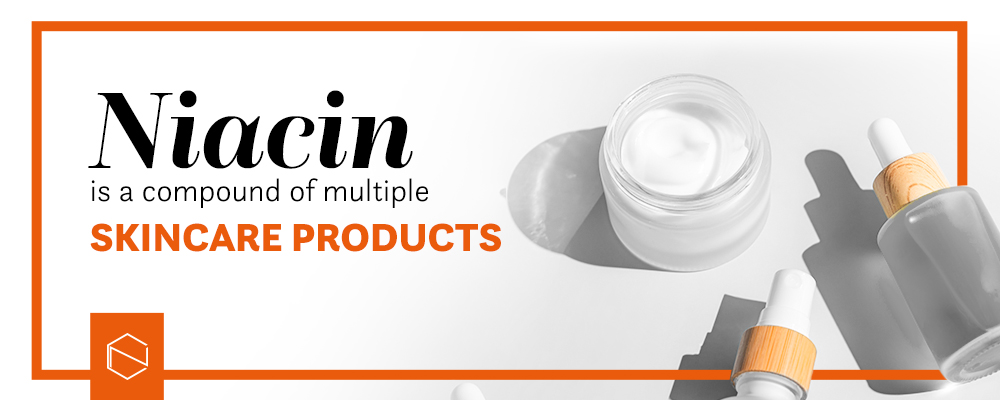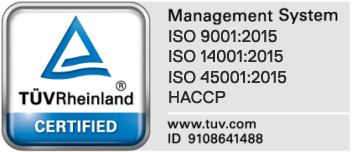Vitamin B3, C₆H₅NO₂, also known as Niacin, is one of the eight among the Vitamin B complex. It is necessary for the well-being of the human body, as it partakes in transforming food into energy. Moreover, Vitamin B3 helps keep the nervous system healthy and is an essential compound of skincare products.
Vitamin B3 is produced by the human organism, however, due to its water-solubility feature, it can not be stored, and it’s essential to provide a sufficient intake of it.
Vitamin B3 (niacin) may appear in two forms – acidic (as nicotinic acid) and active (as nicotinamide). The first form is more stable, and this is also the form we offer.
GET A QUOTE


















Reviews
There are no reviews yet.